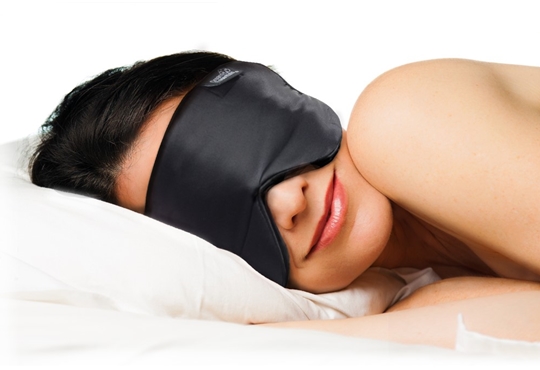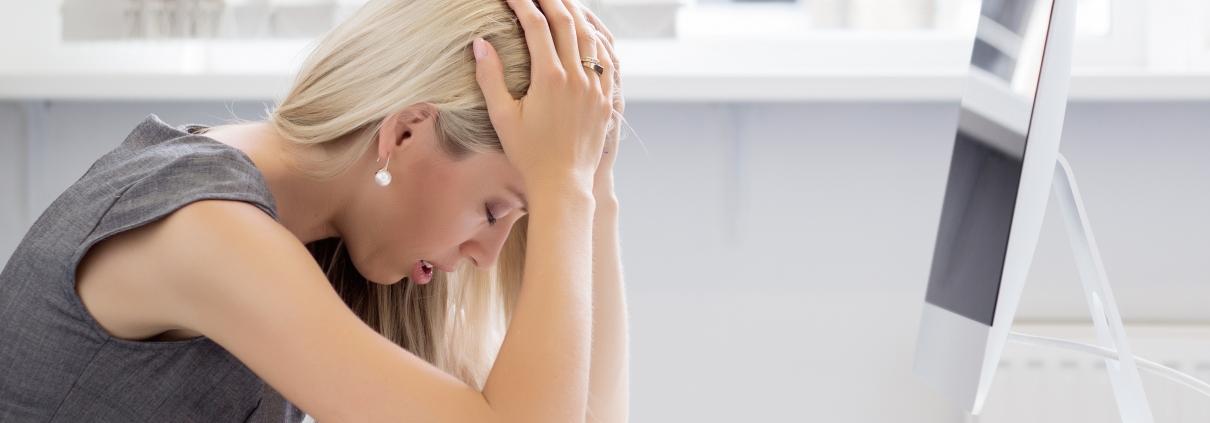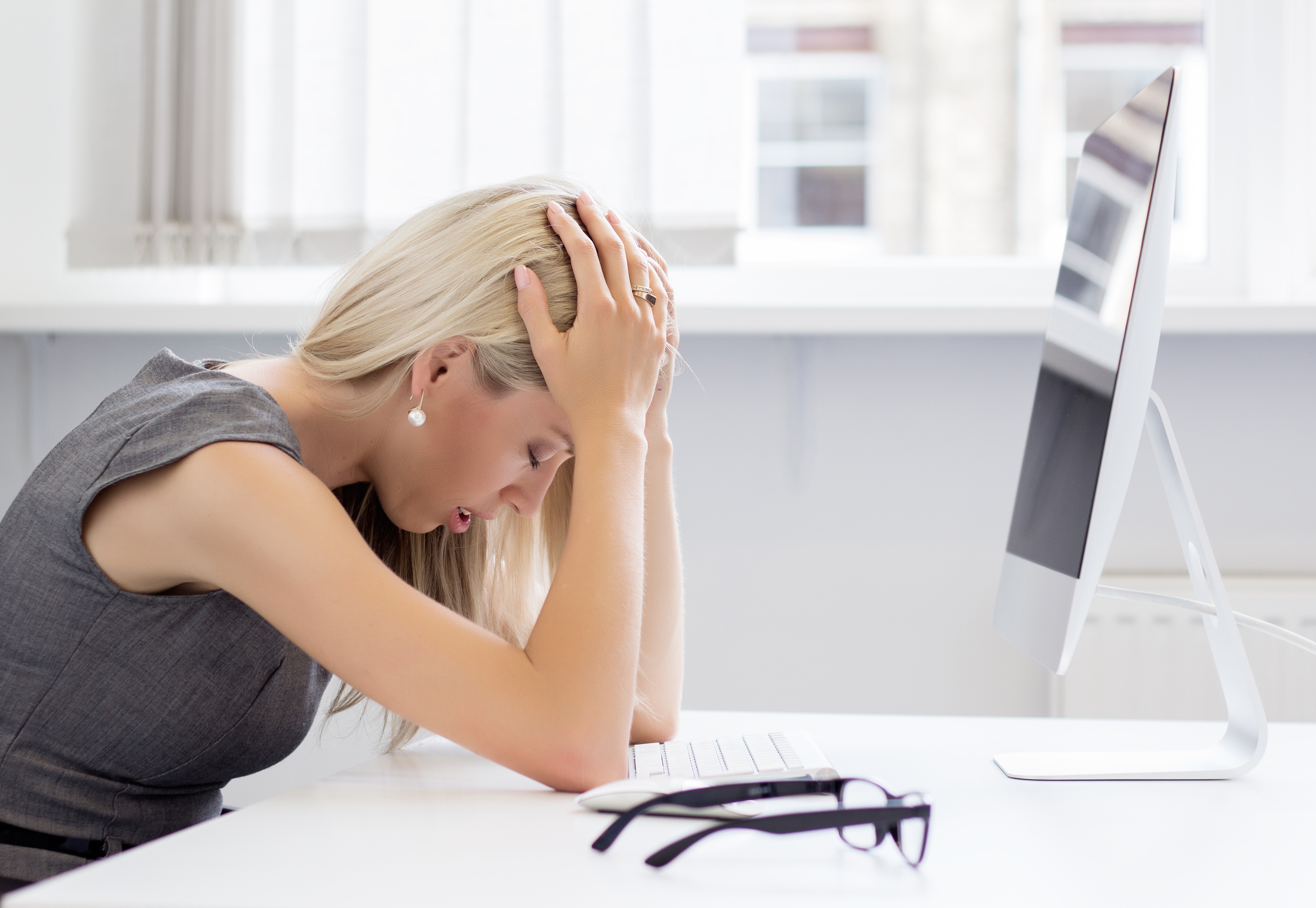Sleep is Underrated
One thing I am continually struck by in therapy and life in general is how little sleep people are getting. Not only that, but people are keenly aware that they are not getting enough sleep (Starbucks, complaints about feeling tired, yawns), and not doing anything about it! Why?
One reason people are not getting enough sleep is that the cultural environment currently supports 24/7 engagement.  The message is: Get stuff done, keep up, know what’s going on, get ahead, don’t miss out, be productive, and don’t disengage. That’s why we have all our gadgets, right?
The message is: Get stuff done, keep up, know what’s going on, get ahead, don’t miss out, be productive, and don’t disengage. That’s why we have all our gadgets, right?
While you may be aware of the obvious symptoms of not getting enough sleep: feeling tired, lethargic, sleepy, and irritable, you may not know other pitfalls that come as a result of chronic sleep deprivation. Lack of sleep can result in poor concentration, difficulty learning, increased accidents, mood swings, less creativity, difficulty making decisions, chronic illnesses, weight gain, and more…
Your lack of sleep affects you and your loved ones in ways you may not have been aware of until now.
So try it yourself if you’re not a believer yet! You will likely feel better quickly, and when your body relaxes, you can then heal.
If you want to boost your mood, have more satisfying relationships, better focus on work and tasks, strengthen your immune system, and decrease the chances of having an accident, GET MORE SLEEP.
I challenge you to get more sleep now. Don’t wait until “everything’s done!” “Everything” will NEVER be all done.
Here are some tips to help you get more sleep (sleep hygiene) in the 21st century:
- Go to bed and get up at the same time every day and have a bedtime routine.
- Limit or eliminate caffeine and energy drink intake as well as alcohol, particularly in the afternoon/evening hours.
- Get physical activity (outside if you can) every day.
- Optimal room conditions: cool, quiet (or white noise), and wear an eye mask if needed. Here are a couple of links to help you get started if you’re interested. Finding what works best for you is what’s important. This white noise machine has nature sounds also if that’s more soothing to you. This eye
 mask seemed pretty snug!
mask seemed pretty snug! - No screen time for a minimum of 30 minutes before going to bed (this means no TV, phone, computer, or other device emitting white or blue light).
- As dark as possible (no blue lights or bright white lights).
- Avoid heavy meals before bed.
- Limit naps to no more than 20 minutes.
- Use mindfulness or relaxation during the day before bed. To get started, you could try an app like HeadSpace or Insight Timer.
- Whatever you do, don’t stress about not sleeping! Get up and read (without looking at what time it is). Just know that your body and mind will rest and sleep in time.
Please share this with anyone who needs more sleep!!
If you try these suggestions and still have trouble sleeping, you may want to seek professional help. You may contact us or another mental health professional.
Sleep well!
If you or you together with your partner would like more one-on-one support or couples counseling, and you are interested in working with Rachael Stracka, LCSW, please visit the Services menu of InPsychCenter.com for more information.
This article does not take the place of professional psychotherapy, counseling, or medical attention. If you would like to schedule an appointment or for a free phone consultation, contact us here or please call (760) 489-1092.
If you’d like to learn about getting the most out of therapy, check out our FREE Ultimate Guide and learn the top 25 ways to optimize your therapy.



